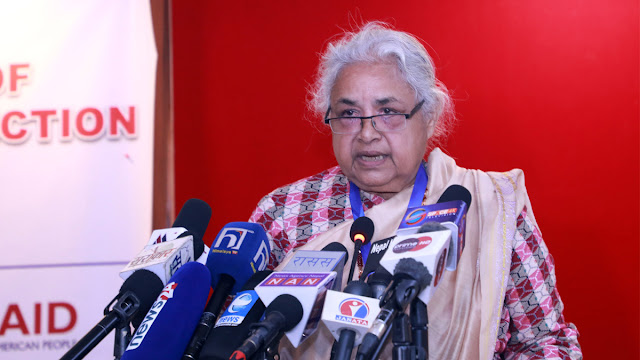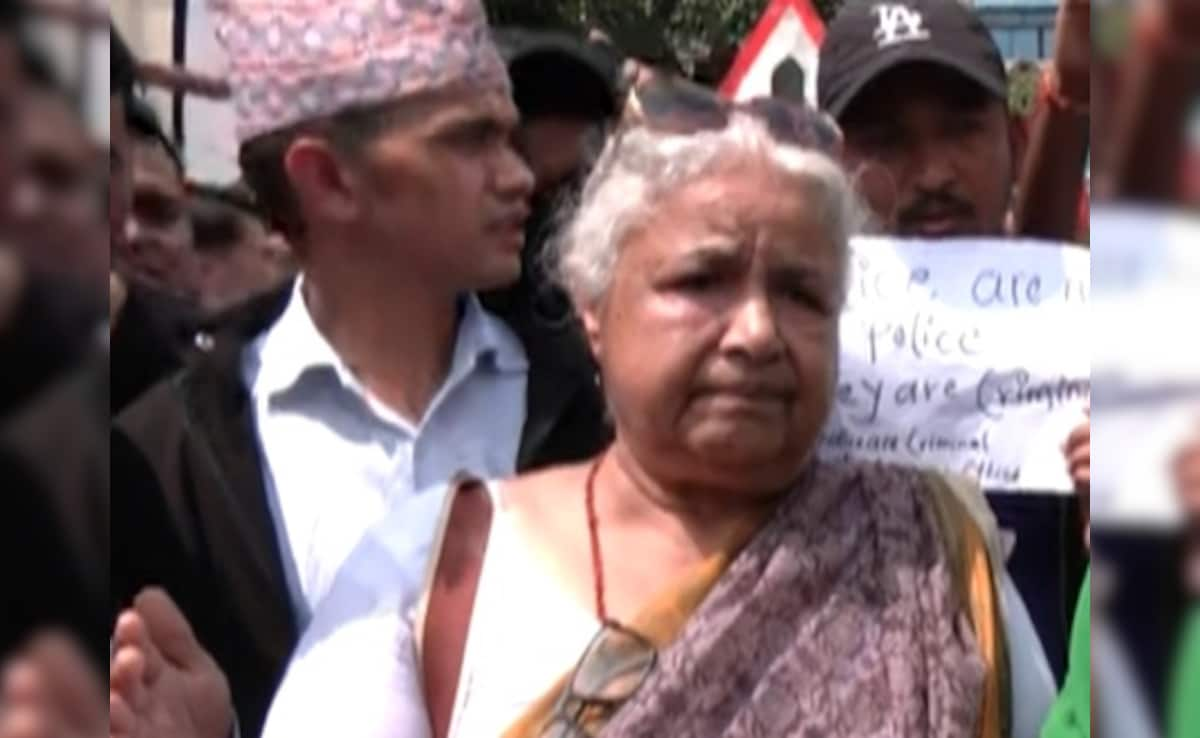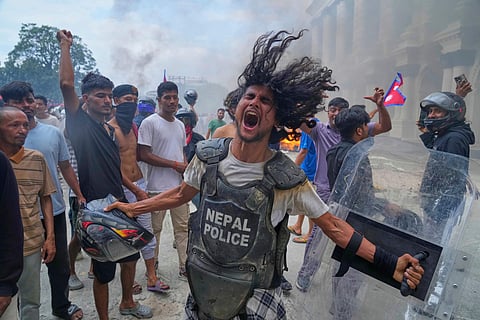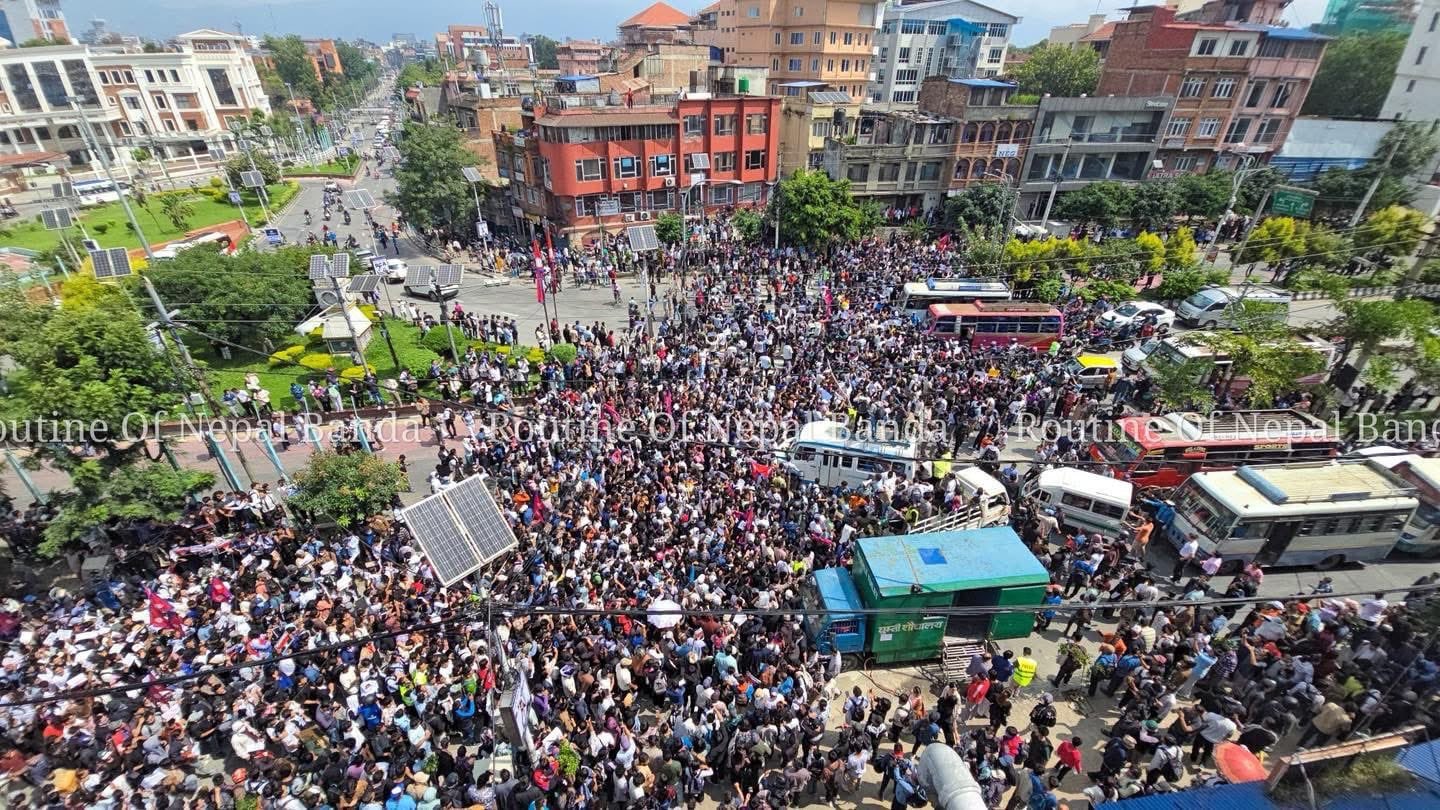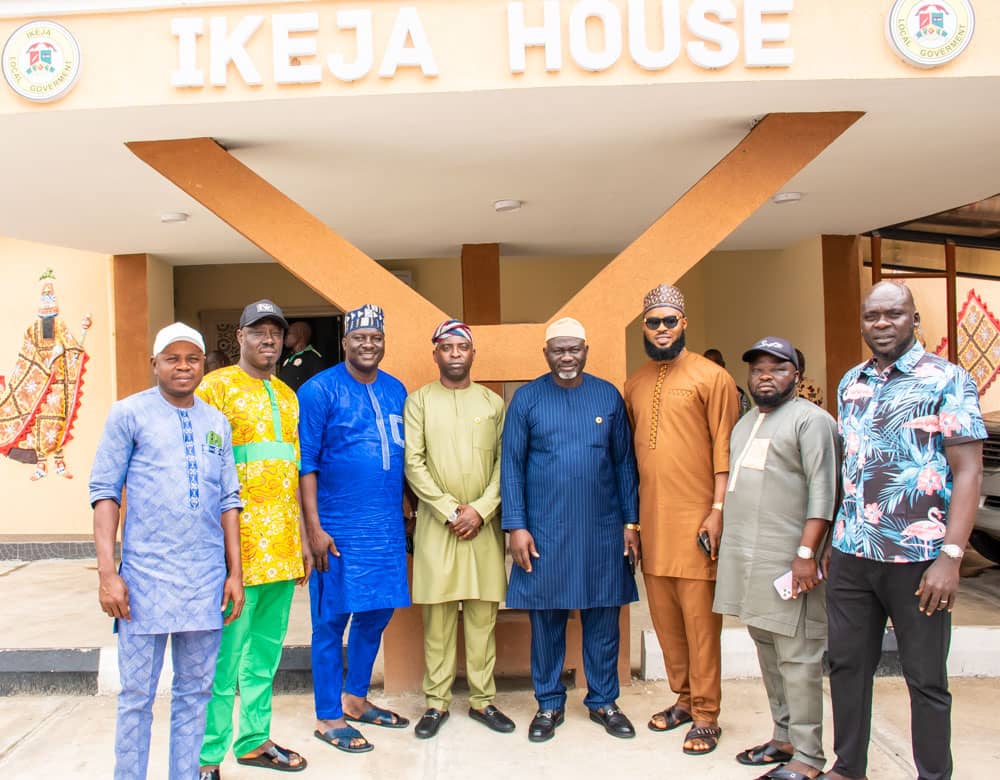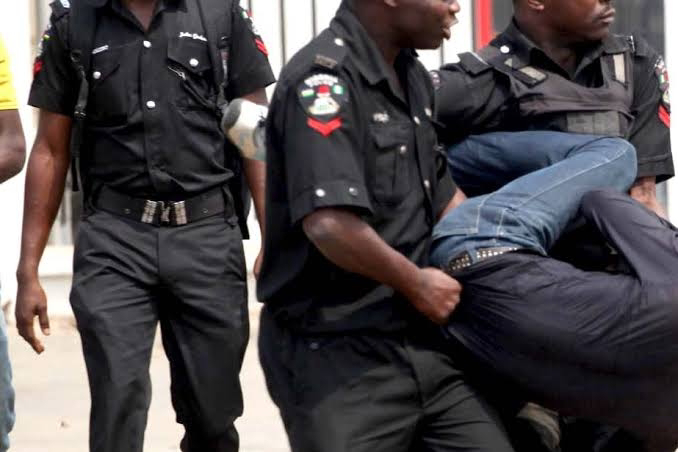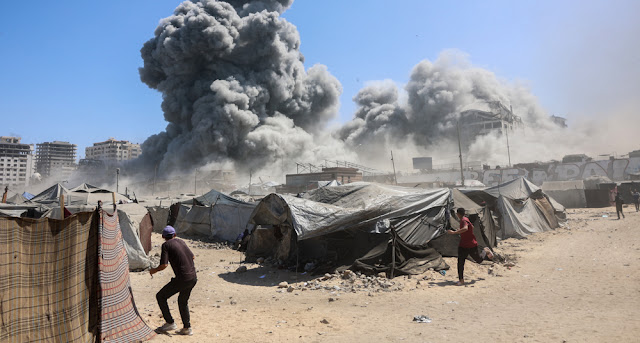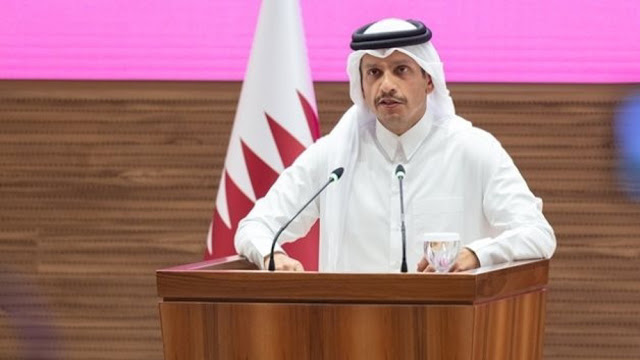KalimNews | September 10, 2025 : In a dramatic turn of events that could reshape Nepal’s political landscape, members of the Gen Z movement convened a massive live virtual conference on Sunday, drawing more than 10,000 participants. The discussion centered on potential leadership options for an interim government till the general election. Several names surfaced during the session, including Balen Saha, Ravi Lamichhaney, Random Nepali and Sagar Dhakal, but it was former Chief Justice Sushila Karki who emerged as the favored choice among the majority of participants.
Karki, who made history in 2016 as Nepal’s first and only female Chief Justice, is widely respected for her uncompromising stand against corruption and her landmark rulings in favor of transparency and gender equality. During the Gen Z meeting, it was confirmed that Karki has no affiliation with any political party, a fact that bolstered her credibility as an independent candidate. While her willingness to take on such a role has not been formally declared, she had previously stated in an interview that she would consider leading the movement if at least one thousand supporters rallied behind her. Karki also joined a recent Gen Z protest, signaling her openness to align with the group’s cause.
Calls for her leadership have grown louder following the unrest that gripped the capital and surrounding areas this week. A fire broke out at Dillibazar Jail after inmates launched a protest demanding outdoor access. Jail administrator Baburam Aryal confirmed that flames were visible for several hours and that emergency plans were made to transfer prisoners. The Nepal Army was deployed to contain the situation, intervening at the jail’s main gate to prevent a mass breakout. Meanwhile, Gen Z members, alongside ordinary citizens, helped clean up the aftermath of violent clashes in Kathmandu and Bhaktapur, underscoring the public’s increasing disillusionment with the government.
The Gen Z movement has now formally outlined five core demands: the immediate dissolution of Parliament; collective resignation of lawmakers; suspension of senior officials who ordered the use of live ammunition and violent crackdowns; formation of an interim government led by one of their recommended figures; and early elections under that interim administration.
The inclusion of Karki’s name as the frontrunner for this interim role is significant. Born on June 7, 1952, in Biratnagar, Karki is the eldest of seven children in her family. She studied at Mahendra Morang Campus, completing a Bachelor of Arts in 1972, before pursuing a Master’s in Political Science from Banaras Hindu University in 1975 and a Bachelor of Law from Tribhuvan University in 1978. She began practicing law in Biratnagar in 1979 and later worked briefly as an assistant teacher in 1985. By 2007, she had established herself as a senior advocate.
Her judicial career reached its peak when she was appointed an Ad-Hoc Justice of the Supreme Court in January 2009, before becoming a permanent Justice in November 2010. She served as Acting Chief Justice from April to July 2016 and was officially sworn in as Chief Justice on July 11, 2016, upon the recommendation of the Constitutional Council led by then Prime Minister K.P. Sharma Oli. The historic appointment was endorsed by the Parliamentary Hearing Special Committee and formally ratified by President Bidya Devi Bhandari, at a time when women simultaneously held Nepal’s highest judicial, presidential, and parliamentary offices.
Karki’s tenure was marked by landmark decisions, including a pivotal ruling that granted women the right to pass citizenship to their children, previously a privilege reserved for men. She also presided over major corruption cases involving UN peacekeeping missions, the printing of polymer banknotes, disputes over royal properties, and surrogacy rights. Known for her uncompromising stance, she earned a reputation as a fearless judge who took a “zero-tolerance” approach to corruption.
However, her tenure was not without controversy. In April 2017, an impeachment motion was filed against her by the Maoist Centre and Nepali Congress, accusing her of misconduct and constitutional violations. The motion sparked a public uproar and was ultimately withdrawn after the Supreme Court issued an interim order preventing Parliament from proceeding with the case. This episode further cemented Karki’s status as a resilient figure who resisted political pressure.
Outside the courtroom, Karki has contributed to Nepal’s intellectual and literary landscape. In 2018, she published Nyaya, an autobiographical work, followed by Kara in 2019, a novel inspired by her experiences and set in Biratnagar Jail during the Panchayat regime.
Today, nearly a decade after her retirement, her name is once again at the center of Nepal’s political discourse. For Gen Z activists, who are pushing for systemic reforms, her independence from party politics, judicial legacy, and proven integrity make her the strongest candidate to lead a transitional administration. Whether she formally accepts this role remains uncertain, but the momentum behind her nomination reflects growing demand for clean governance and a break from the entrenched political establishment.
Despite conflicting reports, President Poudel has retained his position as the nation grapples with turbulent protests that have caused numerous casualties and widespread property damage. The unrest has been fueled by socio-political dissatisfaction, particularly among the younger population. As Nepal faces escalating protests, prison fires, and growing dissatisfaction with the government, the possible choice of Sushila Karki as a leader represents not only a return to principled leadership but also a chance for the country to begin a new chapter in its democratic journey.
A team of Gen Z leaders is meeting with the President of Nepal and the army chief to present its proposal in favor of Karki after a virtual poll that went in her favor. However, another group, led by Raksha, expressed support for Durga Prasai as an alternative leader. In response, Gen Z clarified that it does not support politically affiliated figures such as Prasai. Meanwhile, reports of the President’s resignation were dismissed after the country’s army confirmed that President Ram Chandra Poudel has not stepped down. Gen Z has invited representatives from all of its groups to participate in further discussions. Its leaders include Purushottam Yadav and Sabal Gautam as coordinators.
The first objective of Gen Z was to select or nominate a suitable interim leader, and the second objective is to restore peace and safety, rebuild the destroyed resources, and return the prisoners to their respective correctional facilities and jails.


